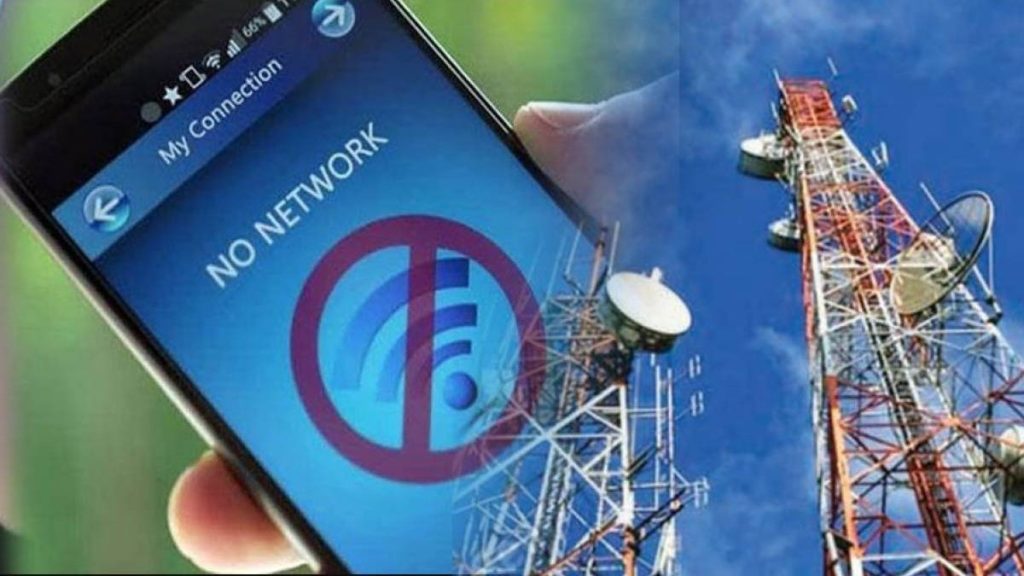The recent internet disruptions across Pakistan have raised significant concerns among citizens, businesses, and digital users. In a public statement, the Pakistani government explained that these disruptions were primarily due to security concerns. The government clarified that such actions were necessary to safeguard national security during sensitive times. However, the widespread internet shutdowns have sparked debates about the balance between security measures and the right to unfettered online access.
The Government’s Statement on Internet Disruptions
According to government officials, the internet service outages were implemented to prevent the spread of misinformation and to maintain public order amid escalating security tensions. These measures were described as temporary but essential in the face of threats that could potentially destabilize the country’s security situation.
Security concerns have often led to similar disruptions in the past, particularly during periods of political unrest or national crises. The government maintains that controlling the flow of information during such times is vital to preserving peace and preventing violence.
The Impact on Citizens and Businesses
While the government’s rationale focuses on national security, the internet disruptions have had significant implications for daily life and business operations in Pakistan. The widespread outage, affecting both mobile networks and broadband services, has left many citizens unable to access essential online services, including banking, communication, and entertainment platforms.
For businesses, particularly those relying on digital platforms, the disruptions have led to delays, lost revenue, and frustration. E-commerce sites, online services, and remote workers have all been adversely affected by the shutdowns, which have hampered productivity and strained customer relations.
Small and medium-sized enterprises (SMEs) that depend on the internet for business operations have particularly felt the sting, with many reporting a direct hit to their bottom lines. This has raised questions about the broader economic impact of such digital disruptions and whether these security measures outweigh the economic and social costs.
The Debate Over Freedom of Access
The recent events have reignited debates over internet freedom in Pakistan. Critics argue that frequent disruptions, particularly when linked to political or security issues, undermine citizens’ rights to free and open access to information. Digital rights activists have voiced concerns that blocking internet access is not only detrimental to economic and social development but also infringes on fundamental freedoms.
At the same time, proponents of government actions argue that such disruptions are a necessary evil, particularly in the context of safeguarding national security. They point to instances where the spread of provocative content online has led to violence, highlighting the importance of controlling digital communication during high-stakes situations.
Legal and Constitutional Aspects
The constitutional right to freedom of speech and access to information is central to the ongoing debate surrounding internet shutdowns in Pakistan. Legal experts argue that while the government has the authority to impose temporary internet restrictions in the face of security threats, these measures should be proportionate, temporary, and subject to judicial review.
The ongoing discussions also bring into focus the need for clearer guidelines on when and how internet shutdowns should be enforced. Calls for more transparency and accountability have emerged, with many advocating for greater oversight by independent bodies, such as the judiciary, to ensure that internet access restrictions are not misused.
The Future of Internet Access in Pakistan
Looking ahead, the future of internet access in Pakistan remains uncertain, particularly with the increasing frequency of security-related service disruptions. While the government’s stated intent is to protect citizens, there is growing pressure to find a more balanced approach that addresses national security concerns without compromising fundamental rights to free expression and access to information.
There is also a growing recognition of the need for more robust cybersecurity measures that can effectively combat digital threats without resorting to blanket internet shutdowns. As Pakistan continues to modernize its digital infrastructure, policymakers will need to weigh the benefits of enhanced digital freedom against the potential risks to national security.
Conclusion
The internet disruptions in Pakistan, caused by security concerns, highlight the challenges of balancing national security with citizens’ rights to access digital platforms. As the debate over internet freedom continues, both the government and civil society will need to work together to find a sustainable solution that ensures public safety while safeguarding digital rights.
While the immediate focus is on addressing the ongoing disruptions, the longer-term question remains: How can Pakistan ensure that internet access remains protected in the face of rising security concerns and evolving digital threats?



Comments (0)
No comments yet. Be the first to comment!
Leave a Comment